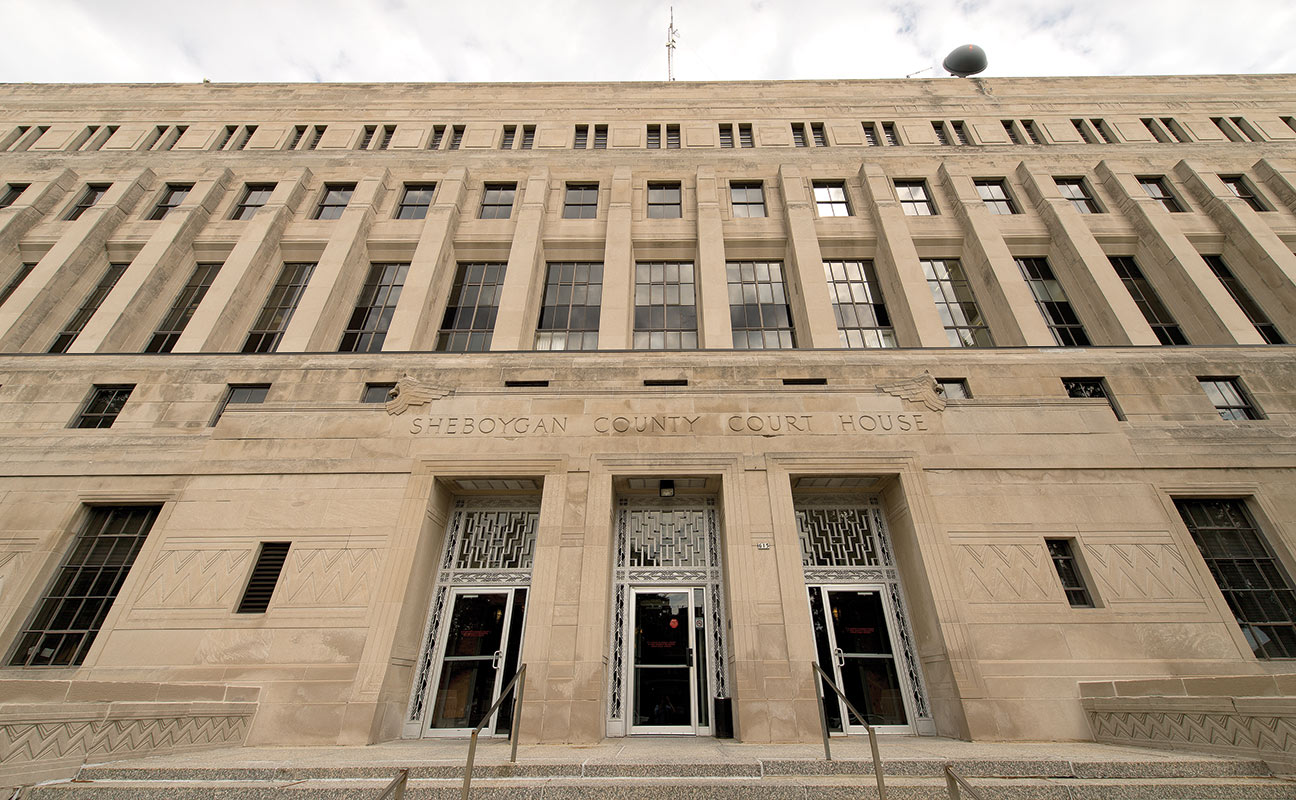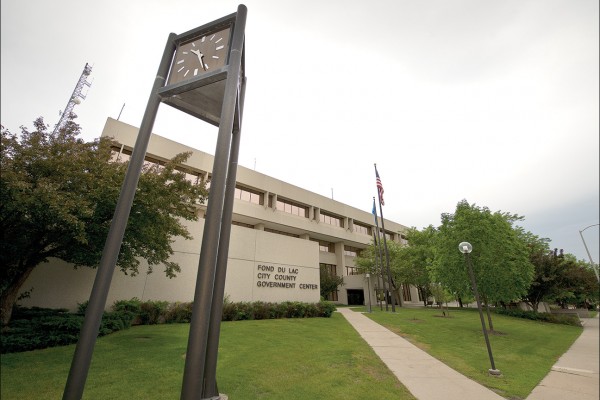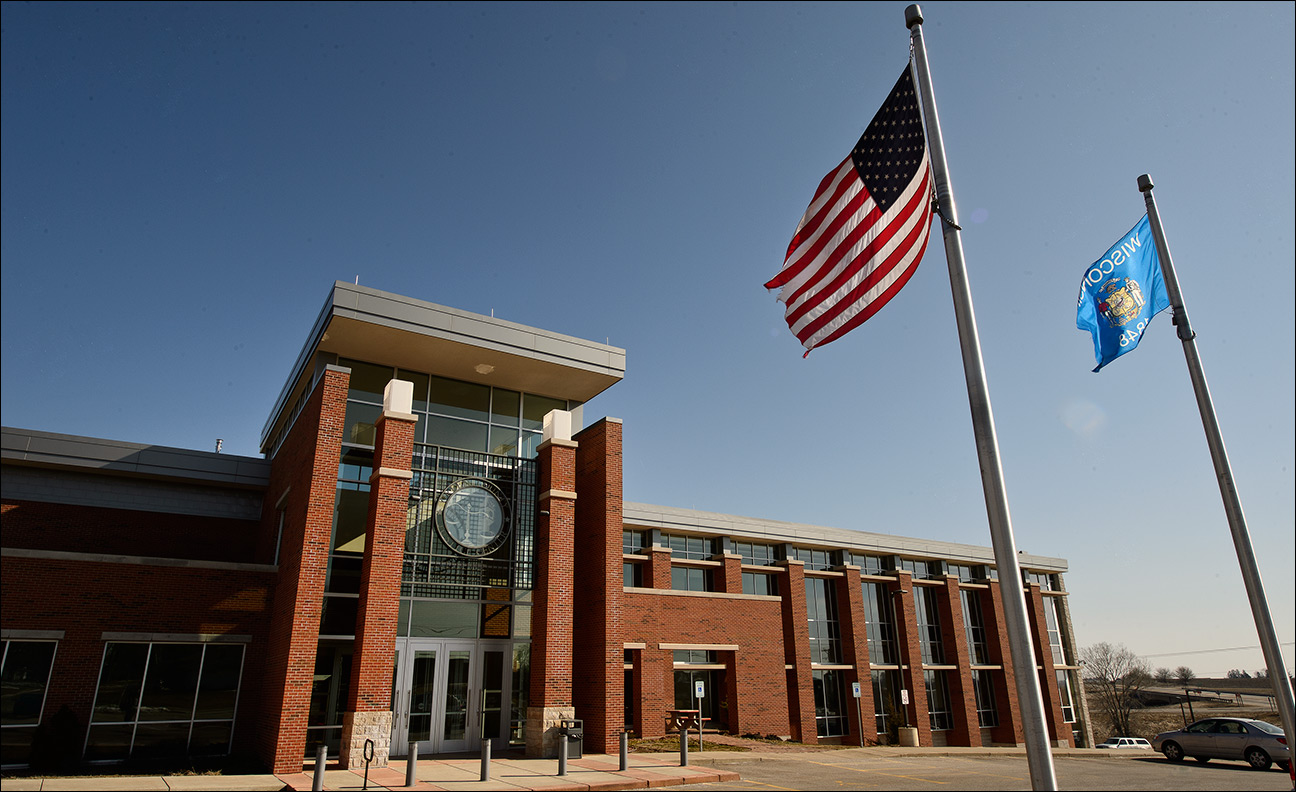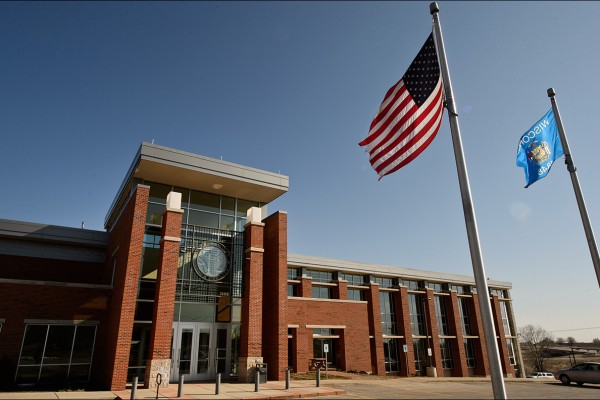Door County court officials advocate lack of local rules
By: Jack Zemlicka, [email protected]//June 20, 2012//
Door County court officials advocate lack of local rules
By: Jack Zemlicka, [email protected]//June 20, 2012//
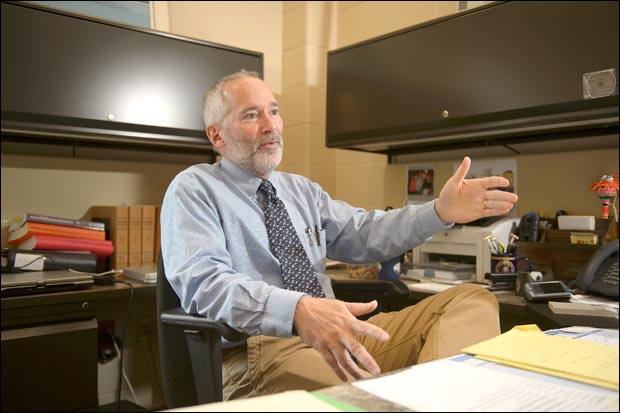
The modern interior of the Door County Justice Center could be mistaken for one of the resorts that line the shores of Sturgeon Bay.
A waiting area outside the State Public Defender’s Office, private bathrooms in the jury conference rooms and a full kitchen for judicial staff members highlight the $16.5 million building that opened in 2005.
But for all the amenities provided to both local and visiting attorneys, Door County lacks one of the most common features found in almost every courthouse in Wisconsin: local court rules.
“It’s not anarchy,” Branch 2 Judge Peter Diltz said, “but they just don’t seem to be necessary here.”
Door County is one of only six county courts in the state — Columbia, Florence, Green Lake, Langlade and Price are the other five — that don’t have written local rules to guide attorneys on everything from how to dress to briefing deadlines.
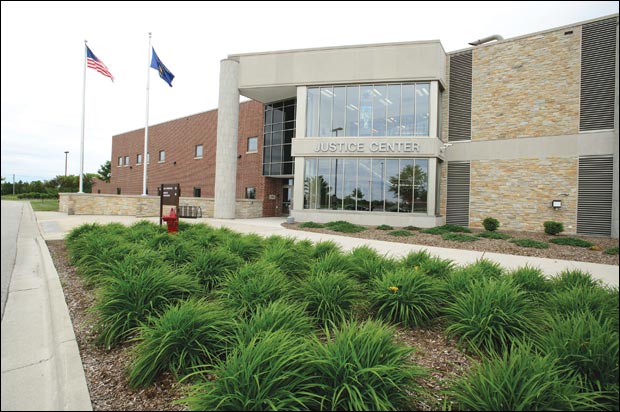
The lack of specific rules prohibits attorneys from using them to prolong litigation or unnecessarily burden the court, said Diltz, who joined the court in 1994.
“I absolutely guarantee,” he said, “we’ve had one if not a couple of attorneys in the past dozen years or so that would have looked for violations of our rules, and brought those for sanction hearings.
“We avoid that, because there’s nothing to violate.”
Door County District Attorney Ray Pelrine, who spent 12 years as a prosecutor in Eau Claire, said local rules there were used as a shield by adversarial attorneys to prolong litigation.
“What I saw in Eau Claire was much less civility and much more practice by ambush and trying to hide behind rules,” he said. “I just do not get the sense that is the way our judges run their courts here.”
Visiting attorneys are not completely left in the dark, however. Procedural guidelines are included in Door County scheduling orders to provide all parties with the necessary info to operate within the court.
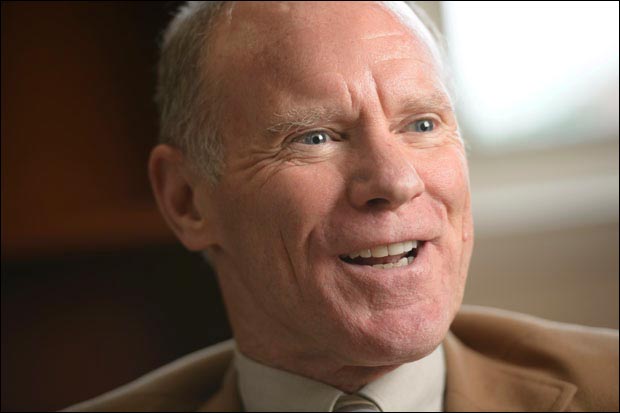
“Attorneys are given the rules when they get notice of the hearing,” Branch 1 Judge Todd Ehlers said. “So it’s not like there is a procedure that they don’t know anything about when they get to court.”
In civil cases, scheduling orders will dictate the timeline to file motions, based on the nature of the case, said Ehlers, who joined the court in 2000.
Unlike some local rules, he said, the orders shouldn’t be overly restrictive.
“I know a lot of those rules have things like ‘briefs can’t be longer than 40 pages’ and ‘you can’t fax something in more than 10 pages,’” Ehlers said. “We just don’t have any rules like that.
“If somebody wants to file a 50-page brief, more power to them.”
If there is a particularly complex issue in a civil case, Diltz said, he likes having the ability to set an appropriate briefing schedule, rather than adhering to a uniform standard set forth in a local rule.
“Sometimes I find out in a civil case, motions are going to be more complex,” he said, “and they’ll want 30 days to respond. I like the flexibility to do that.”
Door County Bar Association President Jennifer Hobart, of Pinkert Law Firm LLP, Sturgeon Bay, said she had not heard complaints from local or visiting attorneys about the lack of local rules.
The court’s alternative practice of writing expectations into scheduling orders is convenient and efficient, she said.
“I find it’s easier,” Hobart said, “because I have something right in front of me telling me when a motion is due, as opposed to being in the local rules, which a visiting attorney might not even think to check.”
The topic of instituting local rules has been broached before, but efforts failed to gain ground. Shortly after Ehlers took the bench, he said, local attorneys considered instituting formal rules but there was no support for adoption of written protocol.
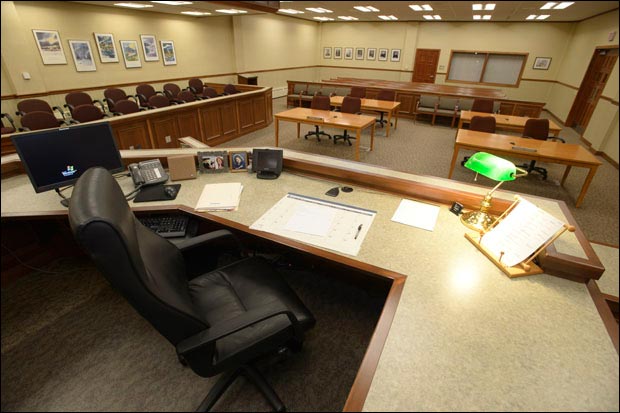
Pelrine said he didn’t expect a change anytime soon. Both Ehlers and Diltz were re-elected to new six-year terms this spring and Pelrine said there was no internal push for local rules.
![]()
“I think it would take a change in personnel,” he said, “because we’ve heard from the people that are served by the system that there isn’t a need to tighten things up.”
If there is any question as to how the judges operate, Ehlers said, an answer is just a phone call away.
Even though the court doesn’t have written rules, judges are not exempt from transparency when it comes to disclosing their procedural preferences, Ehlers said, and they expect questions from visiting attorneys.
“We’re not trying to set up a circumstance where out-of-town attorneys have to feel that they are behind some sort of eight ball,” he said, “or that we have some sort of secret local rules that nobody is sharing with anybody else.”
Legal News
- Gov. Evers seeks applicants for Dane County Circuit Court
- Milwaukee man charged in dismemberment death pleads not guilty
- Democratic-led states lead ban on the book ban
- UW Madison Professor: America’s child care crisis is holding back moms without college degrees
- History made in Trump New York trial opening statements
- Prosecutor won’t bring charges against Wisconsin lawmaker over fundraising scheme
- Republican Wisconsin Senate candidate says he doesn’t oppose elderly people voting
- Vice President Harris to reveal final rules mandating minimum standards for nursing home staffing
- Election workers fear threats to their safety as November nears
- Former law enforcement praise state’s response brief in Steven Avery case
- Eric Toney announces re-election bid for Fond du Lac County District Attorney
- Former Wisconsin Democratic Rep. Peter Barca announces new bid for Congress
WLJ People
- Power 30 Personal Injury Attorneys – Russell Nicolet
- Power 30 Personal Injury Attorneys – Benjamin Nicolet
- Power 30 Personal Injury Attorneys – Dustin T. Woehl
- Power 30 Personal Injury Attorneys – Katherine Metzger
- Power 30 Personal Injury Attorneys – Joseph Ryan
- Power 30 Personal Injury Attorneys – James M. Ryan
- Power 30 Personal Injury Attorneys – Dana Wachs
- Power 30 Personal Injury Attorneys – Mark L. Thomsen
- Power 30 Personal Injury Attorneys – Matthew Lein
- Power 30 Personal Injury Attorneys – Jeffrey A. Pitman
- Power 30 Personal Injury Attorneys – William Pemberton
- Power 30 Personal Injury Attorneys – Howard S. Sicula







